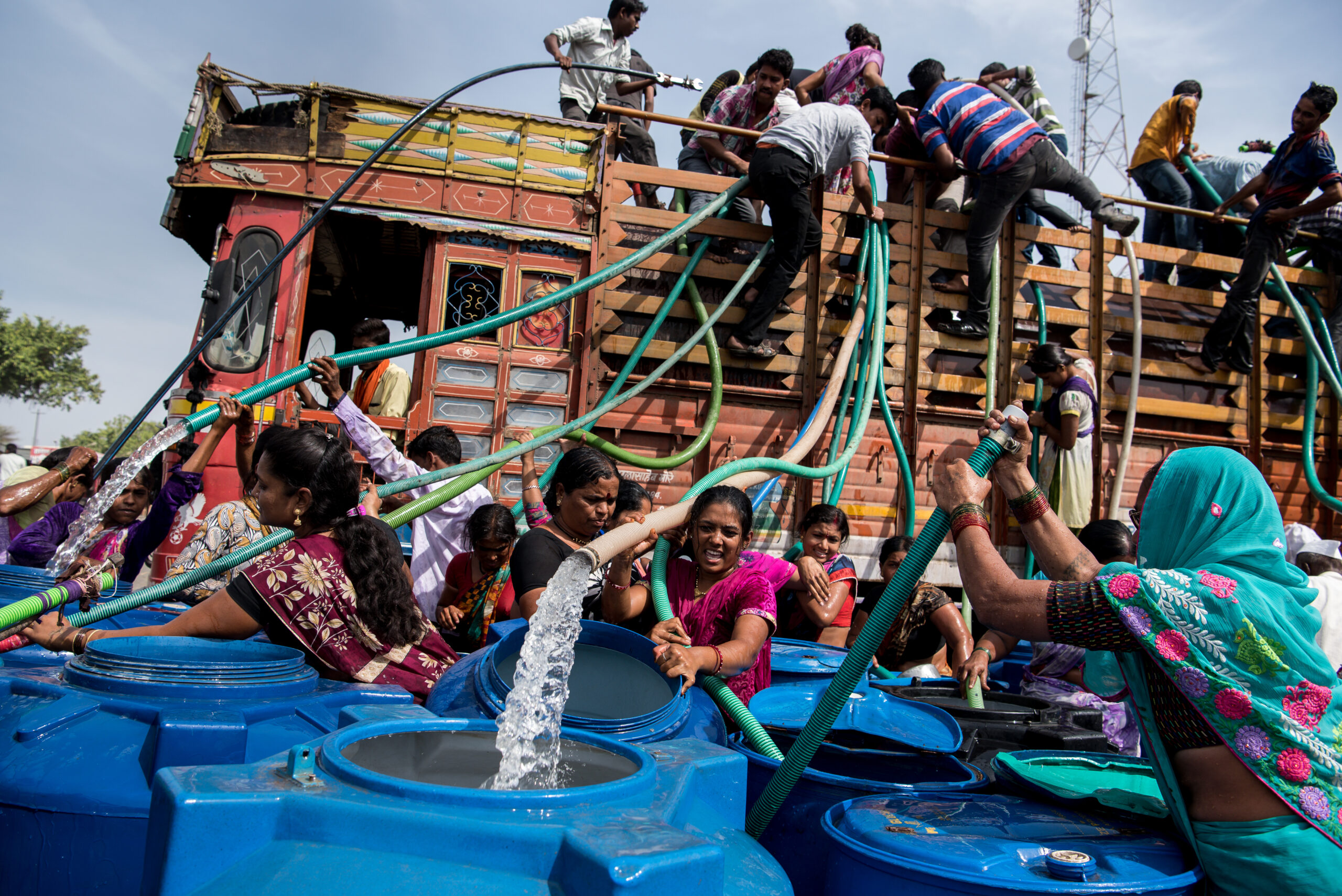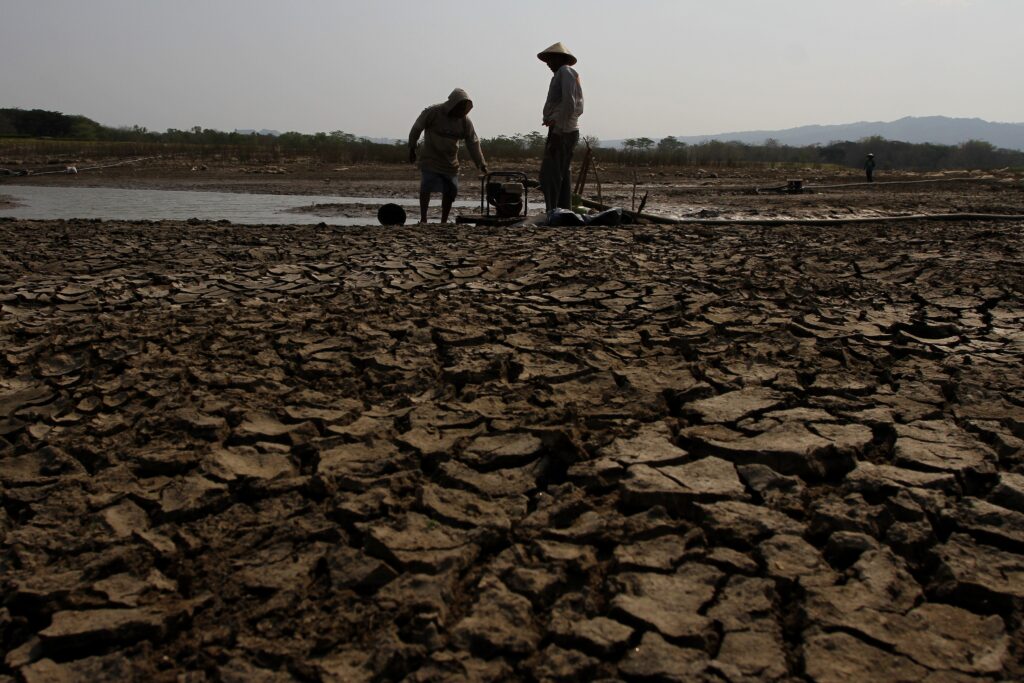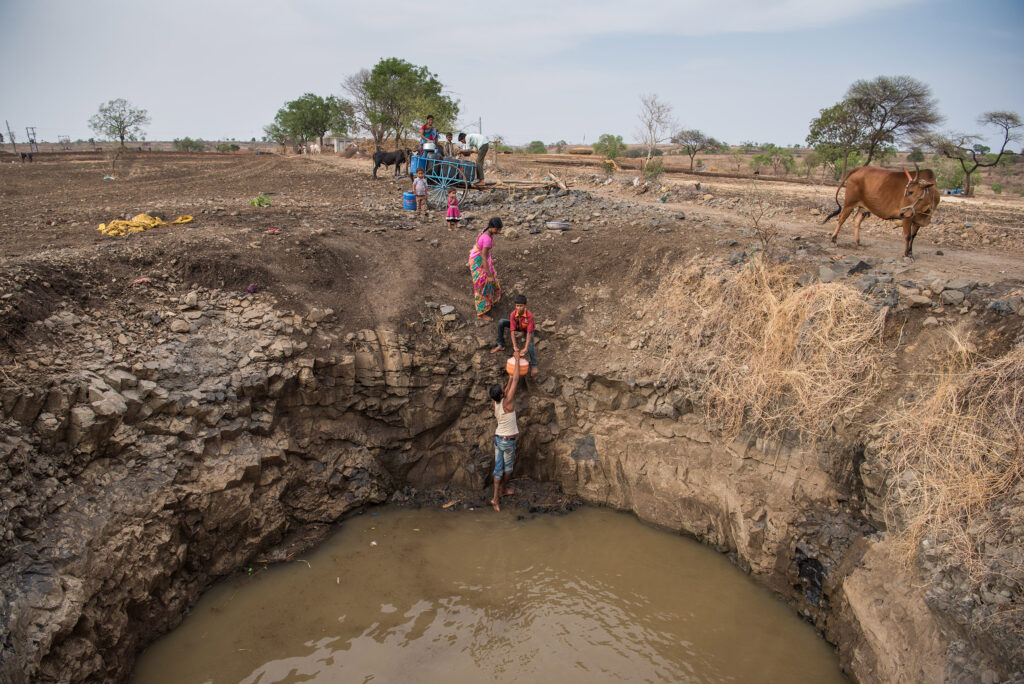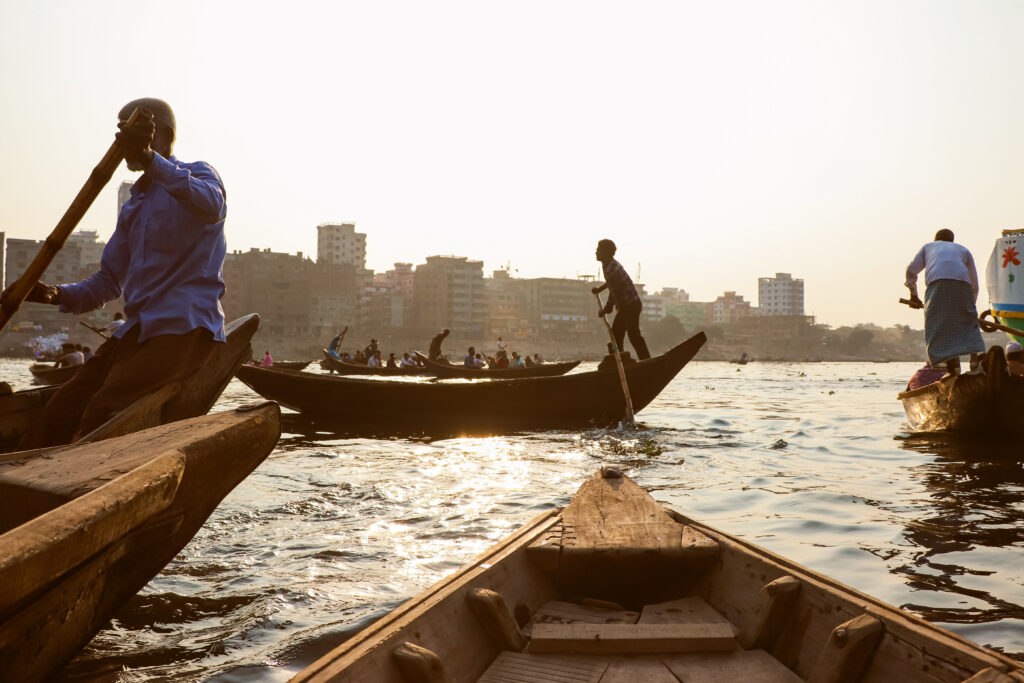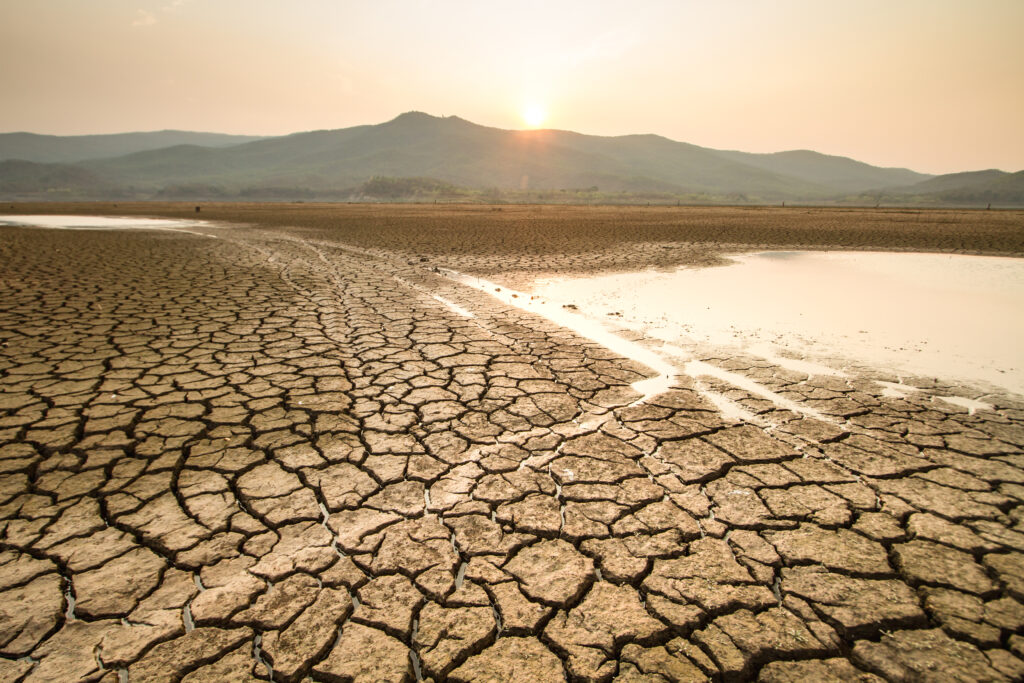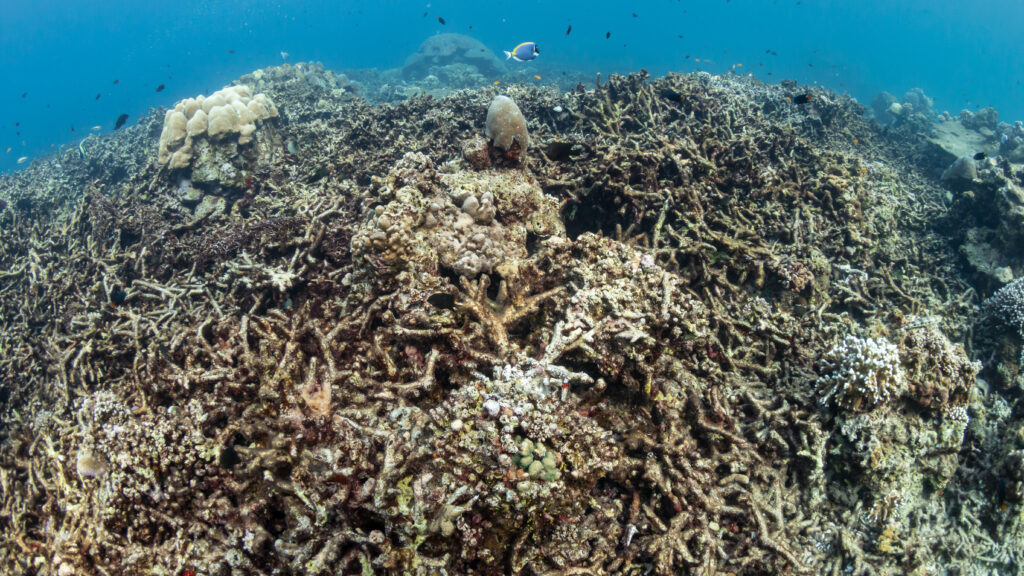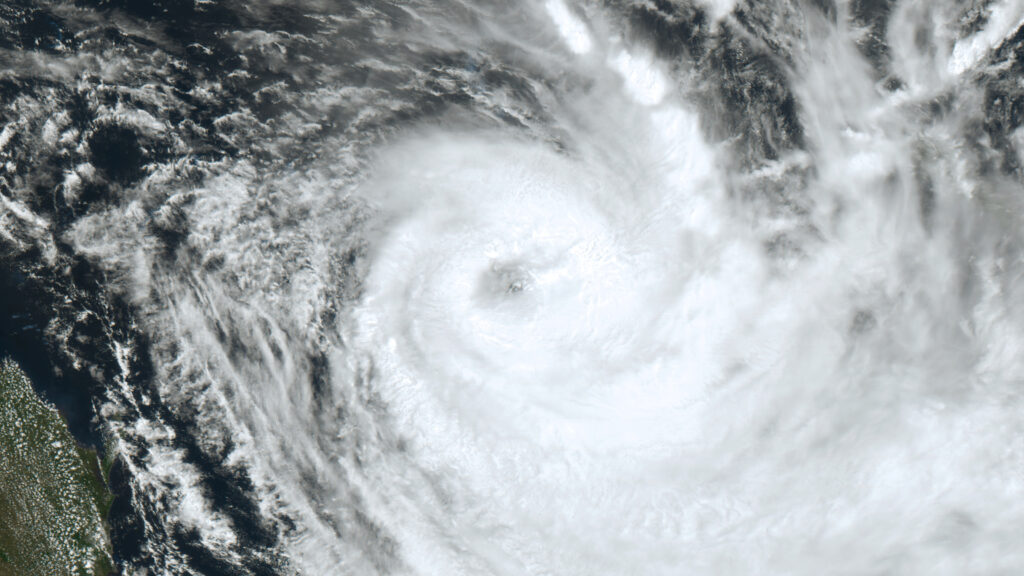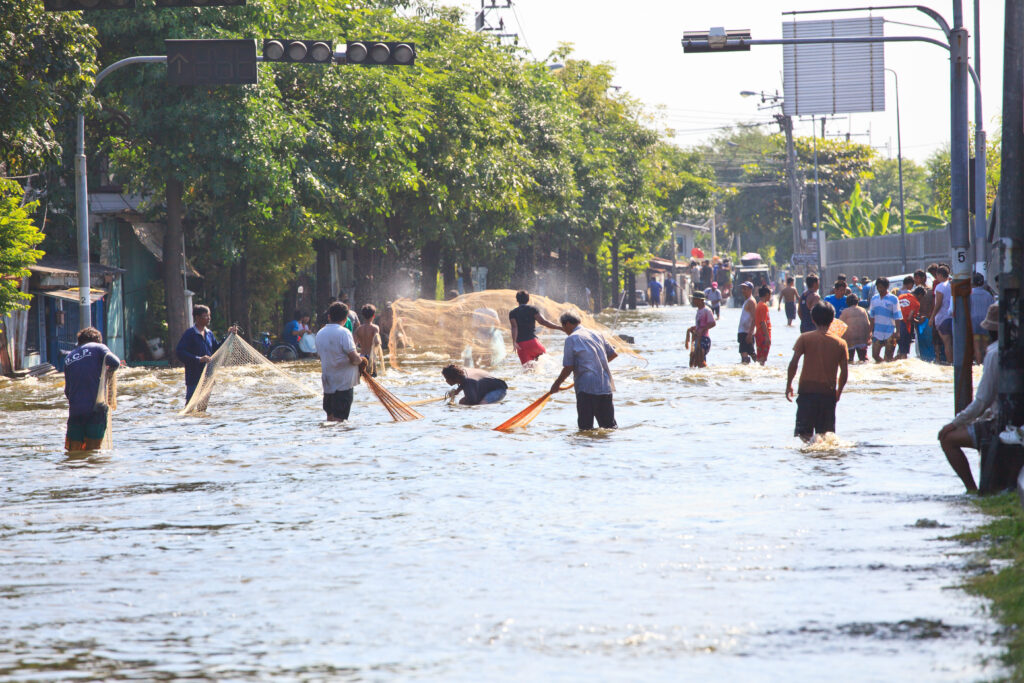The Intergovernmental Panel on Climate Change (IPCC) has just released its Sixth Synthesis Report. In it, the organisation notes that climate change is “unequivocally” caused by human activity and that the timeline is getting increasingly urgent if we are to avoid severe impacts on human life, the economy and the environment.
Several Asian countries are on the proverbial front lines of climate change. The Philippines, Indonesia and Vietnam are at high risk of seeing their infrastructure and communities threatened by sea level rise. Meanwhile, Australia could see more wildfires due to increased droughts. The IPCC Synthesis Report 2023 also warned that climate change would impact global food security. South Asia is noted as a region that is particularly vulnerable.
“Climate change impacts are wreaking an ever-increasing human, financial and environmental toll, worsening food security and poverty and holding back sustainable development in Asia,” said Dr Abdulla Ahmed Al Mandous, president of the World Meteorological Organization’s Regional Association for Asia.
These impacts are not spread evenly, and throughout Asia, it is often poorer people who are the most vulnerable. Impacts, including floods, heatwaves, droughts and fires, are already happening, causing significant economic damage across the region.
What Were the Findings From the Latest IPCC Report? Extreme Heat, Flooding and Food Production Problems
The IPCC Synthesis Report highlights how several densely populated Asian countries, including the Philippines, Indonesia and Bangladesh, are at especially high risk of being impacted by sea-level rise and both coastal and riverine flooding.
This is particularly concerning because several fast-growing megacities lie along the coast, including Jakarta, Manila and Dhaka. Already, cities are calling for billions in funds for infrastructure and strategies to prevent flooding, including even relocating entire communities.
Flooding is not only a risk along the coast. Glacier melt and seasonal downpours are also increasing the risk of flooding along rivers like the Mekong in Southeast Asia and the Indus and Ganges in South Asia.
Flooding may put lives and infrastructure at risk, but the biggest impact could be on agriculture. The IPCC Synthesis Report 2023 warns that even a small amount of additional warming will threaten food production and food security in Asia due to an already occurring increase in the severity and frequency of heatwaves, droughts and floods.
“Agriculture is extremely vulnerable to climate change, because farming is so weather-dependent. Small-scale farmers in developing countries will suffer the most,” said Mark Rosegrant from the International Food Policy Research Institute in a press statement.
We saw this happen just last year in South Asia when Pakistan experienced flooding so bad that some estimated that a third of the country was underwater. In Sindh province, which produces half of the country’s food, 90% of crops were estimated to have been impacted, leading to double-digit inflation and rising food costs that are impacting an already vulnerable population.
Another correlated risk is drought, which can also impact food security. Around the same time that Pakistan was flooded, China experienced a record-breaking heatwave followed by its worst drought on record. It led to widespread water shortages in the country’s rich southern agricultural regions. It became so bad that local authorities called for measures to “use every unit of water carefully” and sparked fears of global food shortages.
“What happens if China suffers a multiyear water crisis that significantly reduces its grain production and electricity supplies?” asked Gabe Collins and Gopal Reddy in a report released last year. It projected that China’s climate-connected water supply gap could reach 25% by 2030.
Dry conditions can also increase the likelihood of fires, including the bushfires that devastated Australia in 2020 or the now yearly fires that consume hundreds of thousands of square kilometres of Indonesia’s forests.
The IPCC Synthesis Report Warns of Dire Economic Impacts
Many countries in Asia, including Pakistan, China, Indonesia, the Philippines and Bangladesh, are developing economies where hundreds of millions are still in poverty. And climate change could make it even harder for them to grow their economies and increase living standards.
The IPCC Synthesis Report 2023 has a dire warning, stating bluntly that climate change impacts could reduce national economic growth and that the poorest countries will be hit the hardest. Several recent reports highlight just how big the impact will be in Asia.
A McKinsey report released in 2020 found that “Asia stands out as being more exposed to physical climate risk than other parts of the world” and that up to a billion people alone could be exposed to lethal heatwaves by 2050. Meanwhile, the accounting firm Deloitte, in a report released last year, found that the Asia-Pacific region has more to lose than any other region in the world. It estimates that the cost of inaction in Asia is USD 96 trillion.
These reports, along with the IPCC Synthesis Report, reiterate what needs to happen now: a rapid scaling-up of the energy transition across Asia to reduce greenhouse gas emissions and ensure we stay below a 1.5°C temperature rise.
Inaction will cause droughts in key farming regions like Southern China and Pakistan’s Sindh. It will mean more floods impacting the urban poor in Jakarta, Dhaka and Manila. Additionally, it will mean more deadly heatwaves and a worse economic future for Asia’s youth and the generations to come.
Nithin Coca
Journalist, Japan
Nithin Coca covers climate, environment, and supply chains across Asia. He has been awarded fellowships from the Solutions Journalism Network, the Pulitzer Center, and the International Center for Journalists. His features have appeared in outlets like the Washington Post, Financial Times, Foreign Policy, The Diplomat, Foreign Affairs and more.
Nithin Coca covers climate, environment, and supply chains across Asia. He has been awarded fellowships from the Solutions Journalism Network, the Pulitzer Center, and the International Center for Journalists. His features have appeared in outlets like the Washington Post, Financial Times, Foreign Policy, The Diplomat, Foreign Affairs and more.

